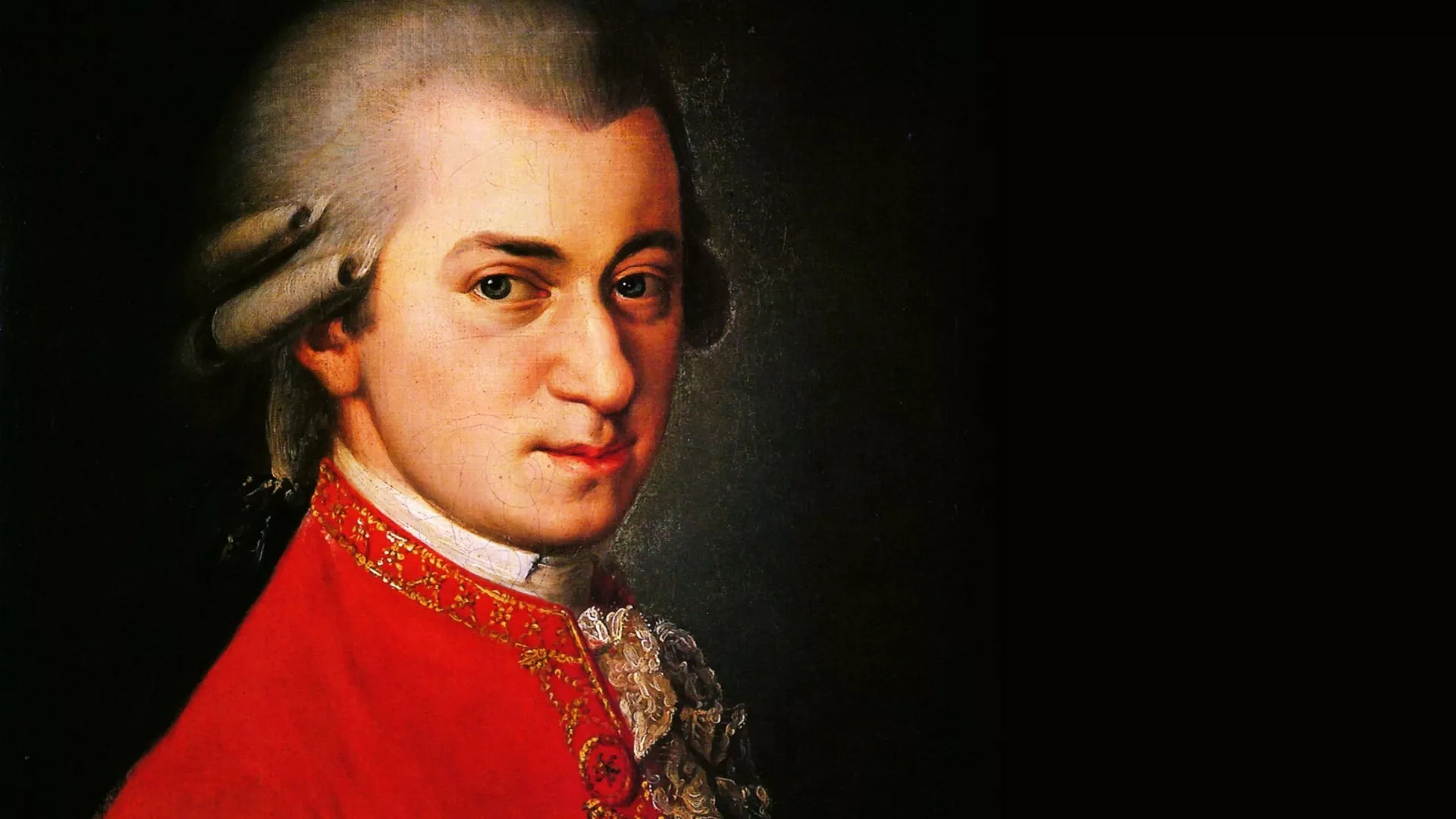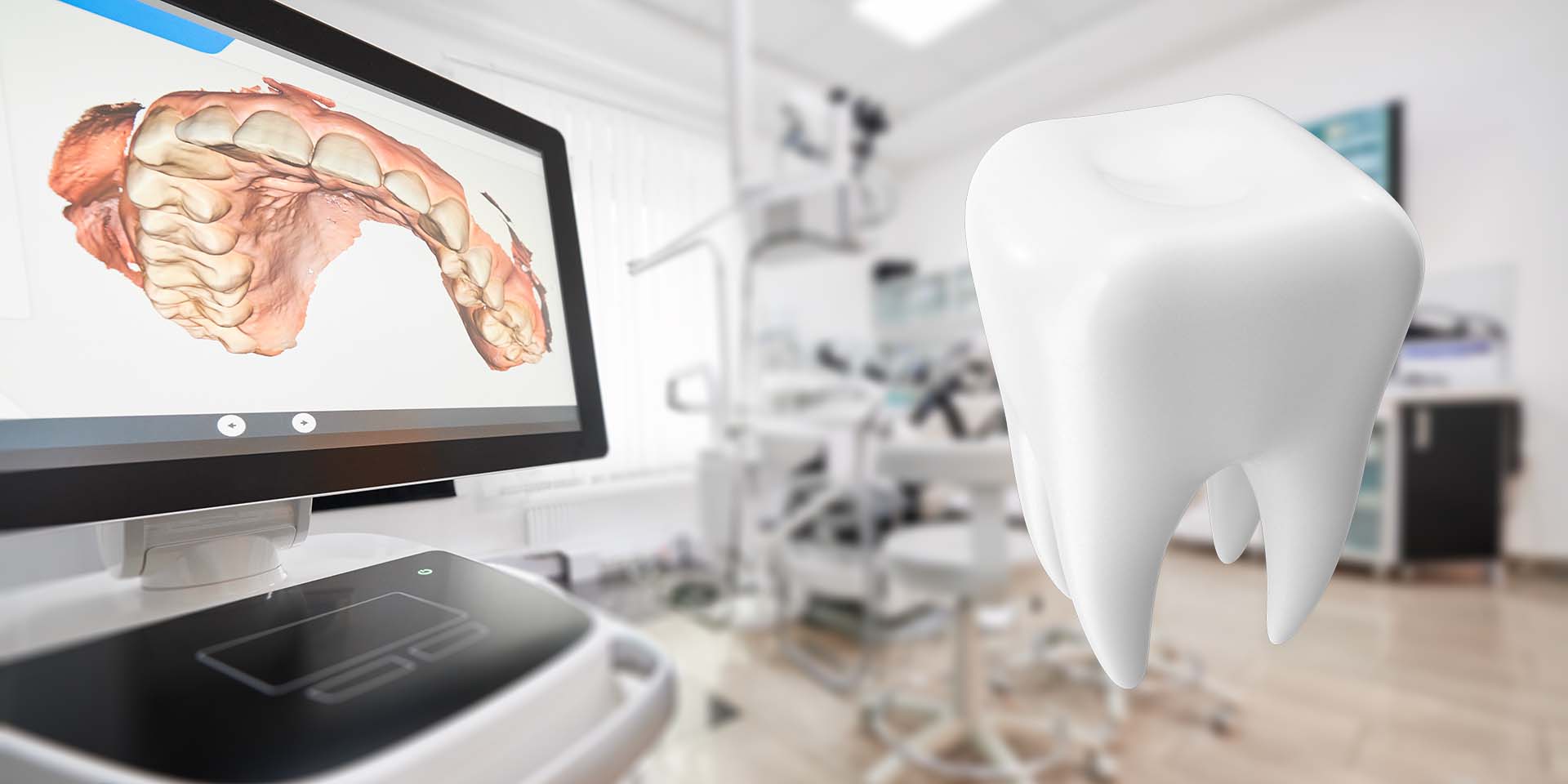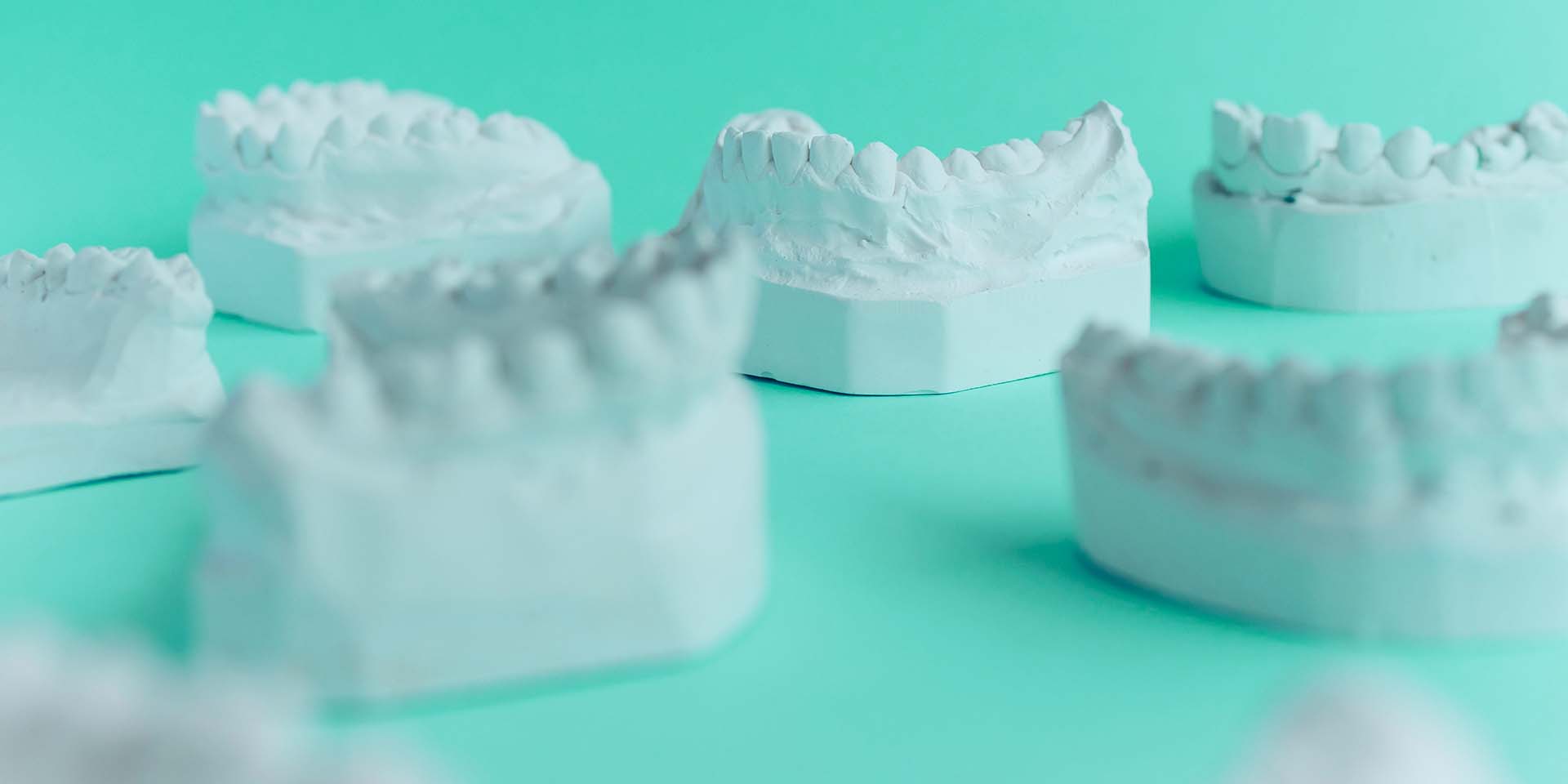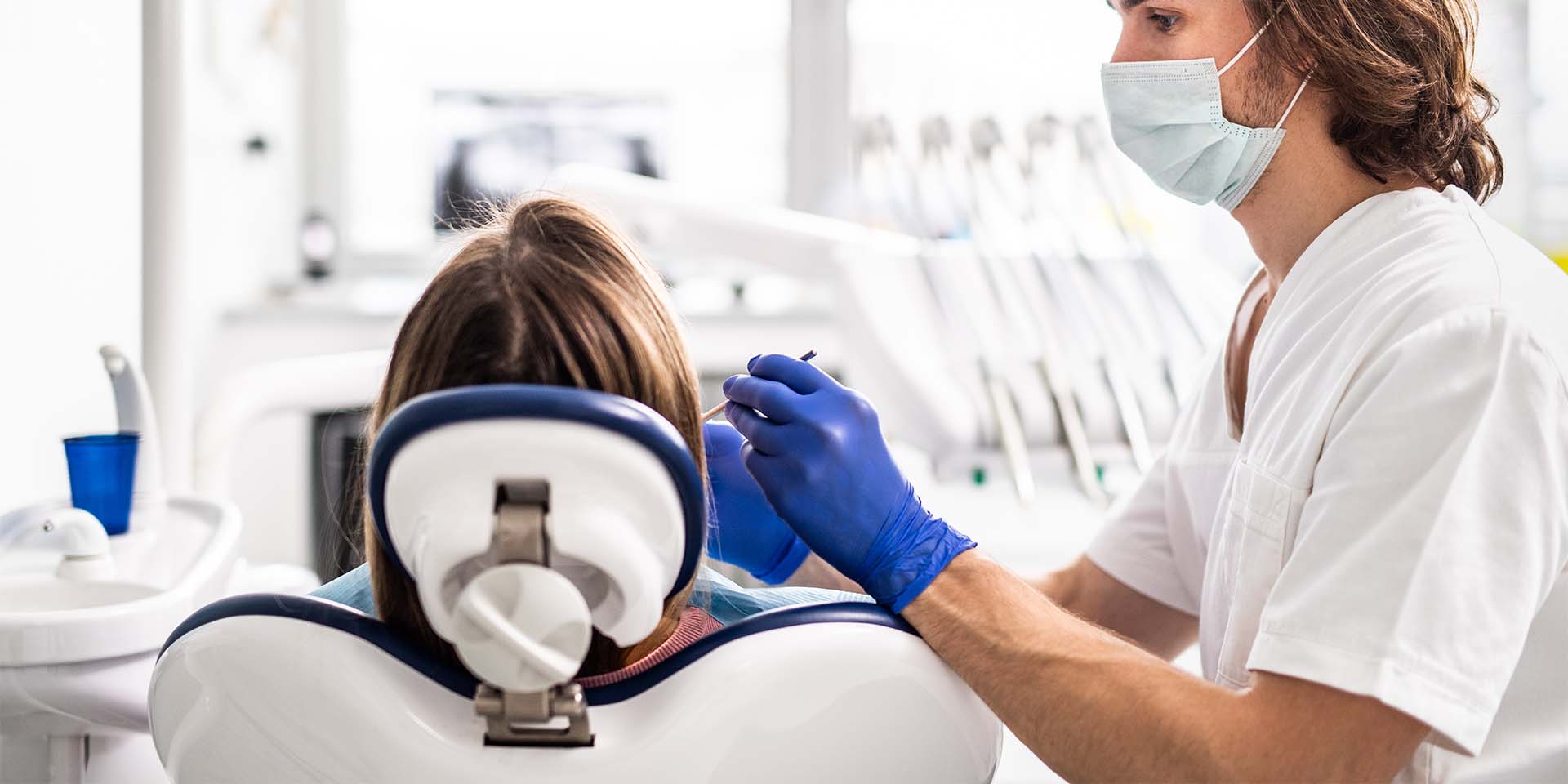- Introduction: Harmony between Music and Dental Health
- Mozart and the Mind: Psychological Effects of Classical Music
- Rhythm and Routine: How Music Can Improve Dental Hygiene
- Mozart’s Influence on Brushing Learning in Children with Dental Anxiety
- Sound Vibrations: The Physical Impact of Music on the Body and Oral Health
- Case Studies: Melodious Dental Experiences
- Conclusion: Symphony for a Healthy Smile
Introduction: Harmony between Music and Dental Health
When we think of Mozart, engaging and harmonious classical melodies immediately spring to mind. However, few of us consider the potential of music, especially classical music, to positively influence our daily habits, such as dental care. Classical music is widely used in doctors’ waiting rooms because it is known to have a calming effect. Why not bring that effect into your own home?
This article explores the surprising bridge between Mozart’s melodies and our oral health.
Mozart and the Mind: Psychological Effects of Classical Music
Classical music has been extensively studied in relation to its psychological effects. As described by Elizabeth Hellmuth Margulis in “The Psychology of Music: A Very Short Introduction”, Mozart’s music in particular can induce a more relaxed and focussed state of mind. This is crucial, as a calm and focused state of mind is ideal for carrying out routine tasks, such as dental hygiene, with greater attention and care.
Rhythm and Routine: How Music Can Improve Dental Hygiene
Integrating music into the dental care routine can transform a task that is often seen as monotonous into a pleasant and engaging experience. Not only does music create a pleasant atmosphere, but it can also serve as a natural timer. For example, brushing your teeth during the duration of a Mozart piece can ensure that you devote adequate time to this essential activity.
Mozart’s Influence on Brushing Learning in Children with Dental Anxiety
A study published in PubMed evaluated the effectiveness of Mozart’s music in learning toothbrushing behaviour in children with high and low levels of dental anxiety. The study revealed that listening to Mozart’s music before brushing training had a significant effect on plaque removal in children with high dental anxiety. This finding suggests that Mozart’s music may be beneficial in oral hygiene education for children with high levels of dental anxiety.
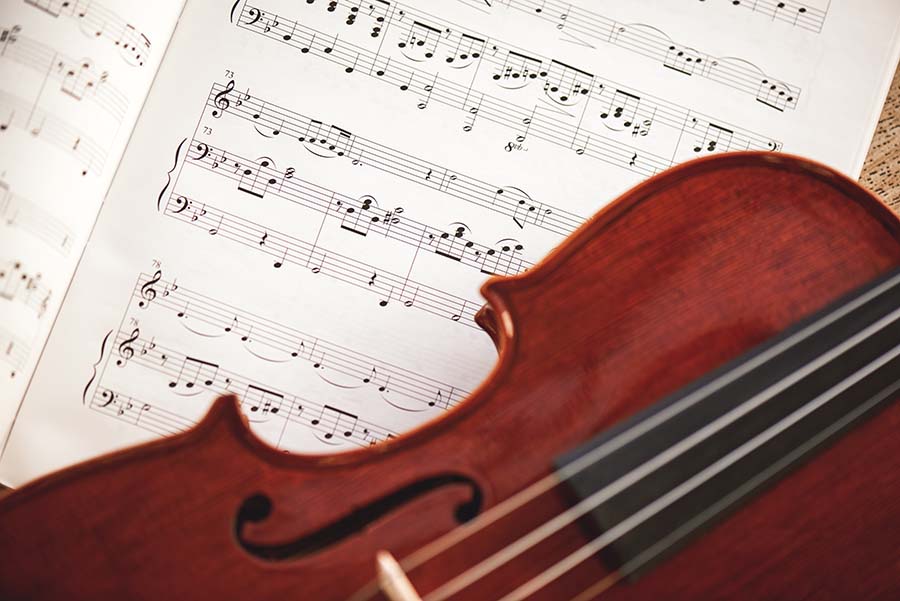
Sound Vibrations: The Physical Impact of Music on the Body and Oral Health
As well as psychological effects, music also has a physical impact. Studies show that sound vibrations can influence the body in subtle ways, potentially affecting blood circulation and, by extension, gum health. In “Music and Medicine: Connections Found”, published in the Journal of Music Therapy, Joanne Loewy and John Carpente discuss how music can positively influence various bodily functions.
Case Studies: Melodious Dental Experiences
There are reports and case studies that illustrate how the inclusion of music, especially classical, in dental clinics has improved the patient experience. Music can reduce the anxiety associated with dental treatment, as highlighted in “The Effect of Background Music on Health and Wellness” by Amanda L. Chan and Daniel J. Levitin, published in Psychology of Music.
Conclusion: Symphony for a Healthy Smile
In short, integrating music, specifically the works of Mozart, into our dental care routine can have a significant impact, both psychologically and physically. By transforming oral hygiene into a more pleasant and effective experience, we are not only taking care of our teeth, but also nourishing our minds and bodies with the beauty of music.
This article explored how music, specifically Mozart’s, can improve brushing behaviour in children and also how it can transform the dental care routine into a more enriching and effective experience for everyone.
- “The Psychology of Music: A Very Short Introduction” por Elizabeth Hellmuth Margulis.
- “Effect of Mozart’s music on the learning of toothbrushing behavior in children with high and low dental anxiety levels” – PubMed (https://pubmed.ncbi.nlm.nih.gov/35834000/).
- “Music and Medicine: Connections Found” por Joanne Loewy e John Carpente (Journal of Music Therapy).
- “The Effect of Background Music on Health and Wellness” por Amanda L. Chan e Daniel J. Levitin (Psychology of Music).
